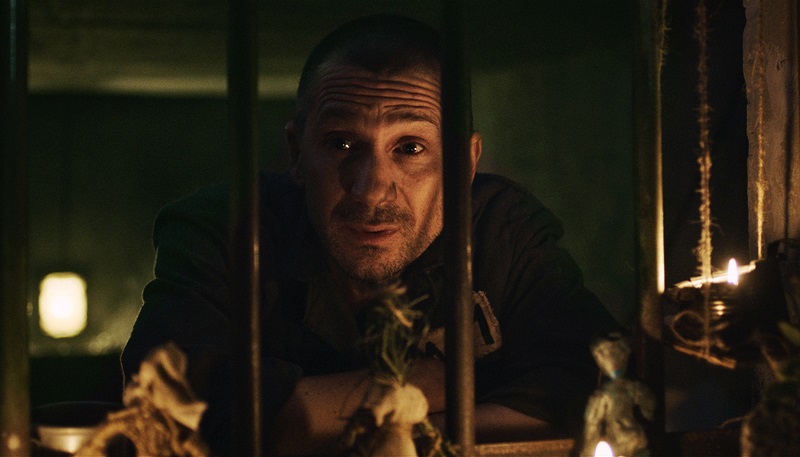Amerikatsi (Goorjian, 2022)
Your appreciation for and assessment of Amerikatsi may well depend upon whether your point of reference is Charlie Chaplin or Forrest Gump.
There is no question that writer/director/star Michael A. Goorjian (best known to me as Justin from the original Party of Five) has a compelling story to tell, but the execution is inconsistent, never finding the Chaplinesque mix of comedy and pathos.
Goorjian plays an Armenian-American, pointedly named Charlie, who accepts an invitation from the Soviet government to repatriate. “Amerikatsi” is the Armenian word for “American,” and the first act quickly glosses over Charlie’s backstory (witnessing his family getting killed by Ottomans in the Armenian genocide) and settles into a soft satire of Soviet bureaucracy and fish-out-of-water cultural differences. (Goorjian’s relative weakness as a writer relative to his strengths as a performer or director is illustrated by the film relying so heavily on translation blunders and miscommunications).
The setup is not without comic potential, but the film grinds to a halt when Charlie is sent to a Siberian labor camp. There’s some satire about the buffoonery and brutalism of the Communist apparatus, and some pathos as Charlie watches a couple through the window of his prison cell, but this section feels … aimless. A major problem with the back half is that the film drifts away from the more distinctive elements of the situation (Armenian repatriation) and becomes a generic collection of brutalities that could be unfolding at nearly any prison, gulag, or confinement camp.
Since the film relentlessly references Chaplin, it is impossible to not examine the comparison. Inviting comparison to one of the greatest films of all time is a risky business, and it is not surprising that Amerikatsi appears to idolize The Great Dictator more than emulate it. The biggest difference is on the comedic side. The comedy in The Great Dictator is biting enough that when the tonal shift occurs near the end of the film, it is all the more powerful for acting as a release to the dis-ease we may have felt. Since Amerikatsi transitions between comedy and pathos more frequently, neither element lands with the same force as it does in Chaplin’s film. As an audience, we never give ourselves over to the comedy because we are on guard for the next atrocity. Neither do we ever sit with darker thoughts too long before getting an emotional vent through jokes and satire.
There is an undeniable earnest quality about the whole enterprise, so I was not surprised to find out from the final dedication that this is a personal story for Goorjian. It may land harder for those who find personal connections to it. That it picked up awards at both the Hamburg film festival and Woodstock Film Festival suggests that some viewers are finding it more fully realized than I did.

